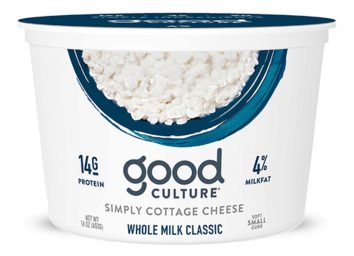Popular Diets That May Cause Lasting Damage to Your Gut, Say Experts
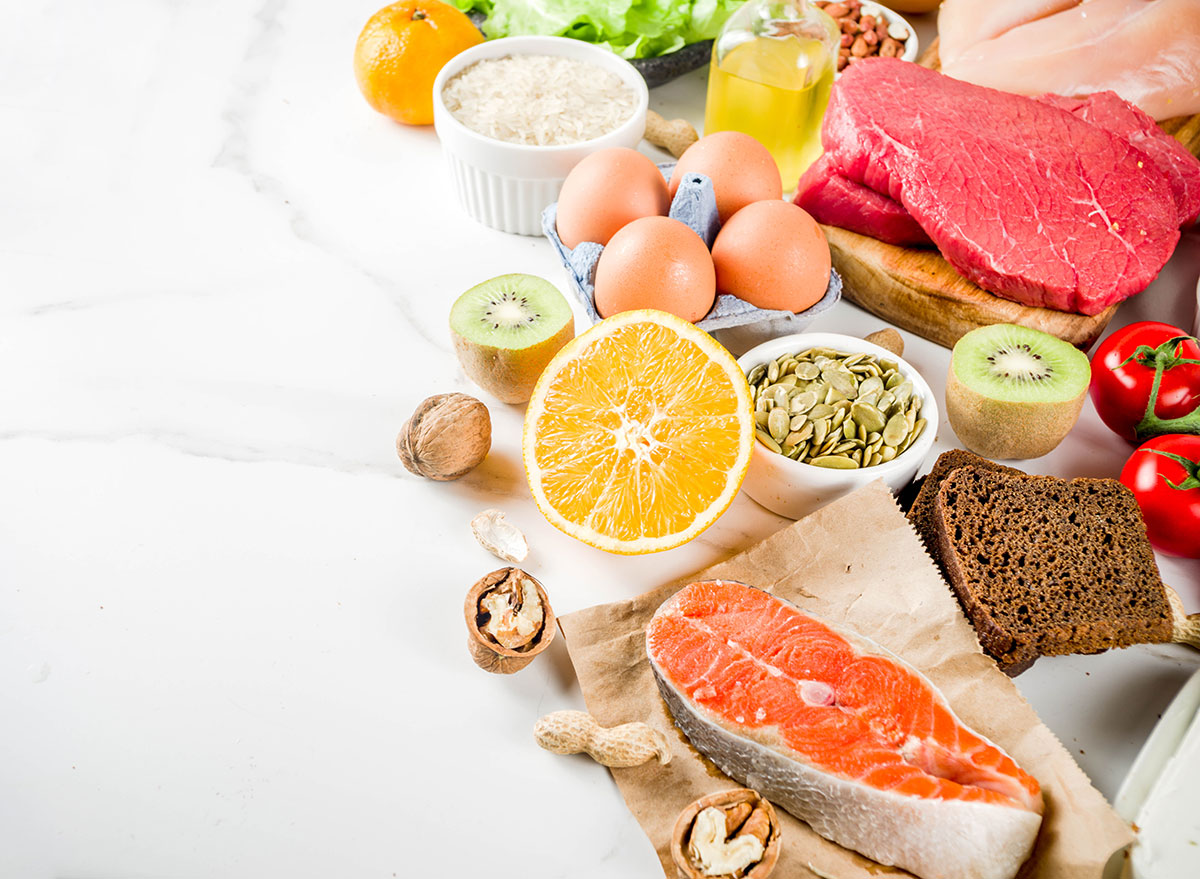
Scientists and dietitians are now learning many of the health benefits of having a healthy gut. One of the biggest benefits is supporting the health of beneficial bacteria and immune cells that help fight foreign bodies like bacteria, viruses, and fungi.
Many popular diets that you may have tried or are currently trying can be detrimental to your health—especially the health of your gut. Registered dietitians weigh in on the damage that some of these popular plans may have. And as always, it's best to consult your doctor or any other medical professional before starting a new diet. Read on, and for more on healthy eating, don't miss 15 Underrated Weight Loss Tips That Actually Work.
Keto Diet
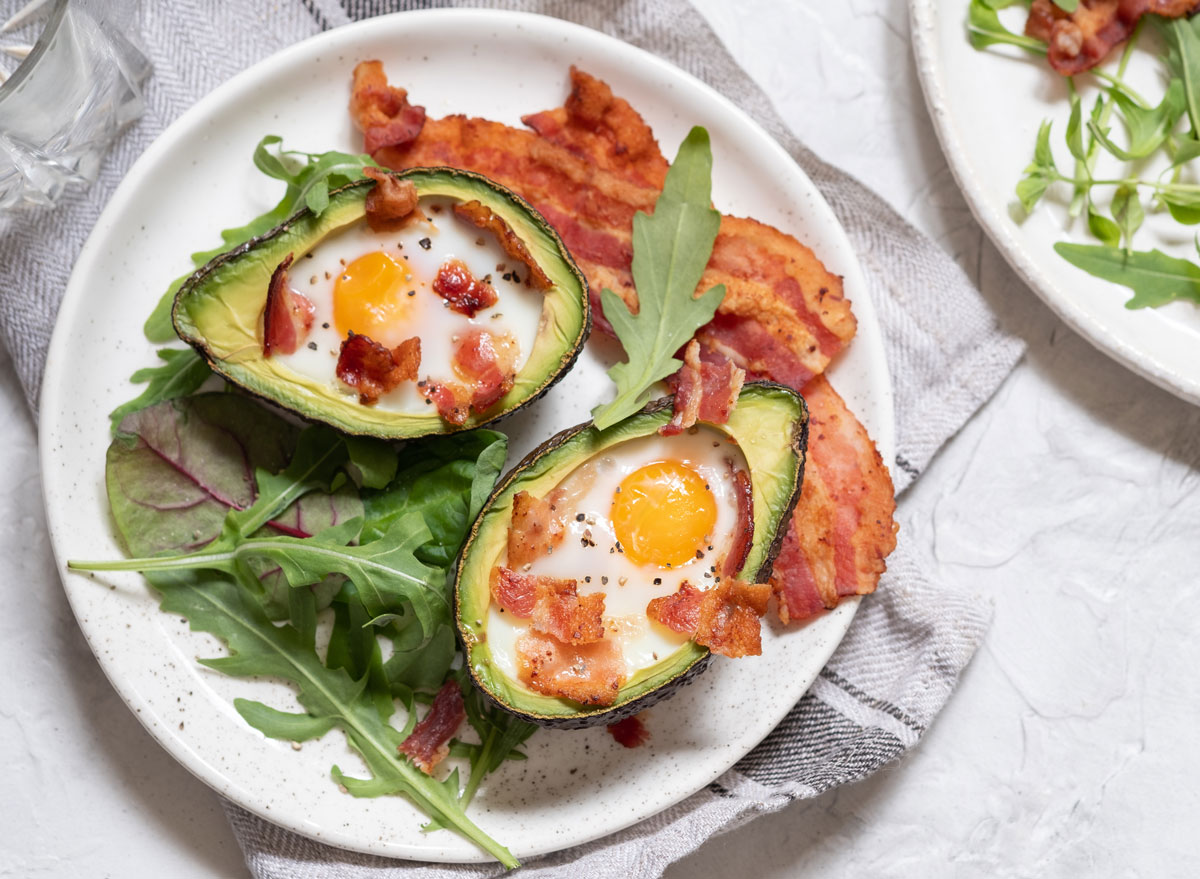
A ketogenic diet limits total carbohydrates including fruit, vegetables, whole grains, beans, peas, and lentils – all important sources of fiber. The beneficial bacteria in the gut require fiber to survive and thrive. According to Lauren Harris-Pincus, MS, RDN, founder of NutritionStarringYOU.com and author of The Protein-Packed Breakfast Club "When we don't consume adequate fiber we compromise our gut health which can increase inflammation and up the risk for heart disease, diabetes, and some cancers."
If you feel that you need to follow a low-carb lifestyle, Harris-Pincus recommends choosing your allotted carbs wisely to include high fiber veggies, fruits, nuts, beans, seeds, and some whole grains. For more, check out 7 Dangerous Side Effects of the Keto Diet, According to Experts.
The Master Cleanse
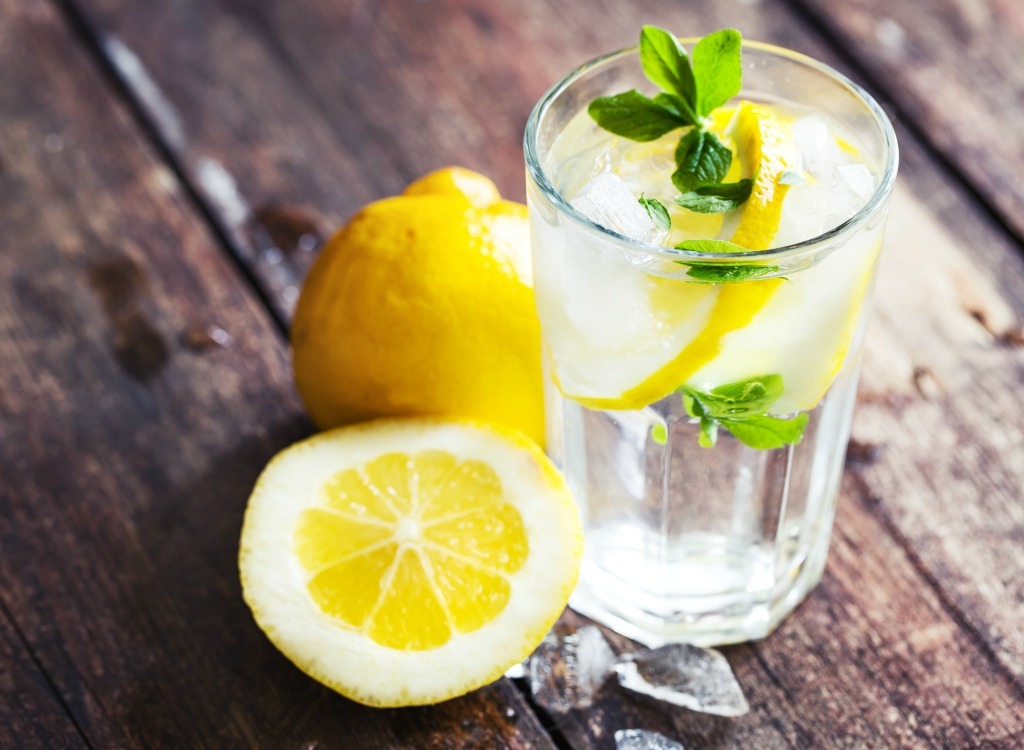
Also known as The Lemonade Diet, the Master Cleanse has been touted by celebrities in order to lose weight quickly. It's a combination of lemon-flavored water, salt-water beverage, a laxative tea, and a reduced-calorie food intake over the course of at least a week. "There isn't any magic here," says Dr. Joan Salge Blake, EdD, RDN, LDN, FAND, and the host of hit nutrition, health, and wellness podcast, SpotOn!.
"If you are cutting calories to this extreme with a laxative, the numbers on the scale are going to go down, but are you losing fat or just water weight? I think you know the answer." Salge Blake also explains the latest research which suggests that starving the body and gut microbiome from healthy foods such as high fiber foods like fruits, veggies, and whole grains may actually make weight management more challenging. "Skip the extreme "cleanse" and eat a diet higher in fiber, control in calories to better manage your weight," recommends Salge Blake.
Low FODMAP Diet
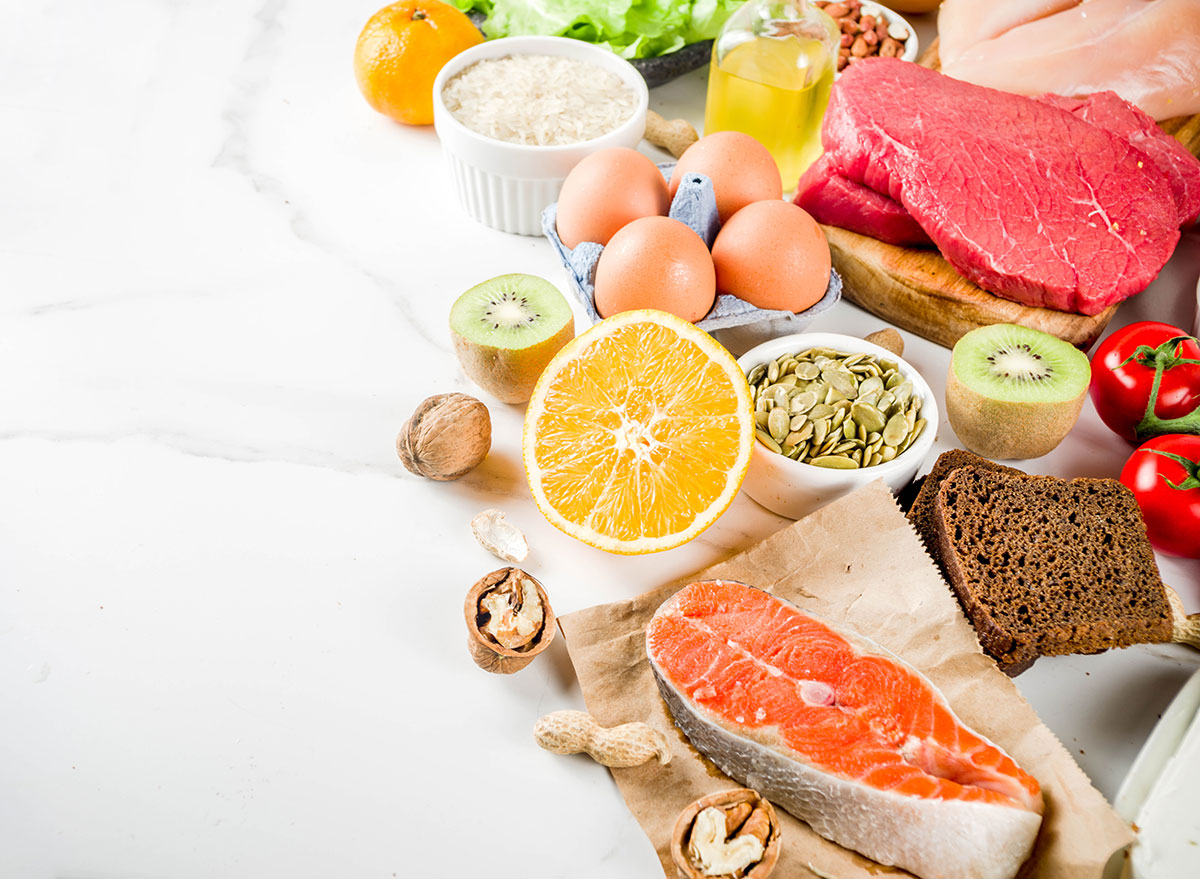
Research shows a low FODMAP diet can be very effective in controlling symptoms for people with Irritable Bowel Syndrome (IBS). FODMAPs are carbohydrates that are fermented by gut bacteria which is a good thing for our overall health, but according to Harris-Pinch, "for those with IBS, they can cause gastrointestinal distress such as gas, bloating, diarrhea or constipation." Because a low-FODMAP diet is low in fiber and nutrient-dense foods, it's not a sustainable diet nor is it meant to be.
Harris-Pincus says that "The key is to try a short term FODMAP elimination diet under the guidance of a trained registered dietitian nutritionist (RDN) to figure out which foods cause symptoms and phase as many foods back into the diet as possible to improve gut health in the long term."
Paleo Diet
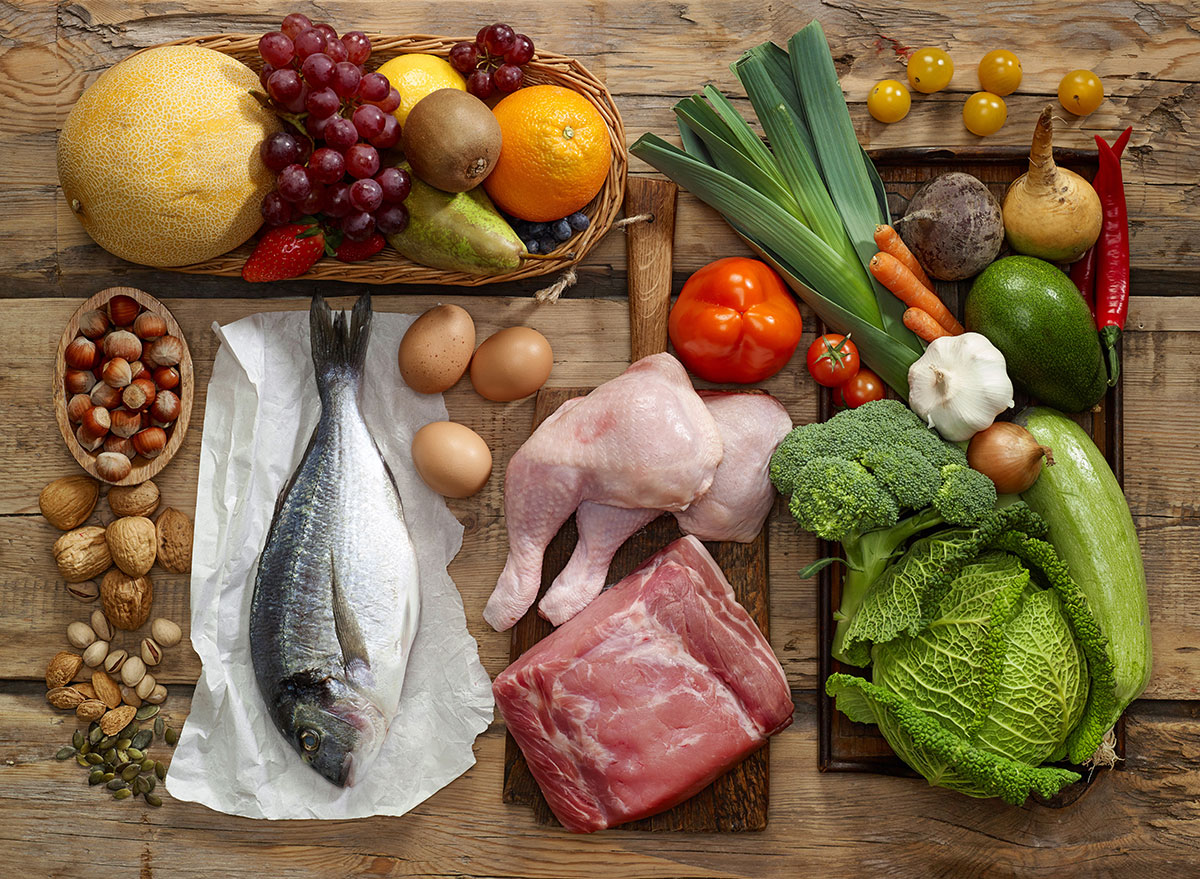
The Paleo Diet recommends eating like our ancestors during the Paleolithic era, the period before modern agriculture about 10,000 years ago. The diet advocates eating tons of fruits and vegetables, lean meats, and seafood, but fewer processed foods including whole grains and dairy since they were supposedly not eaten during that era.
A 2019 study examined data to determine the response of the gut microbiome to the Paleo Diet as recommended today. Data was collected from Italian subjects following a Paleo Diet and compared it to those following a Mediterranean Diet. After looking at the gut microbiomes of those following a Paleo Diet, researchers concluded that eating lots of fruits and veggies in this diet (even though grains, beans, peas, and lentils are avoided) and the minimal intake of processed food could help rewild the gut microbiome but warned that this type of diet should not be followed over the long term as it is unknown if it could negatively affect the gut. For ways to take care of your gut and microbiome health, be sure to incorporate these 20 Foods That Relieve Your Gut Problems, Say Dietitians into your diet.
